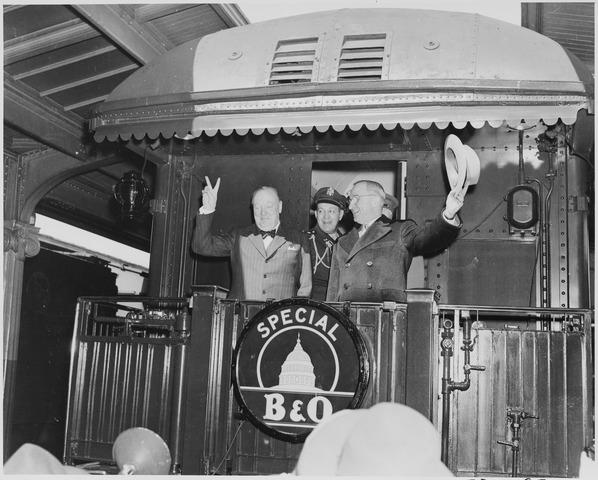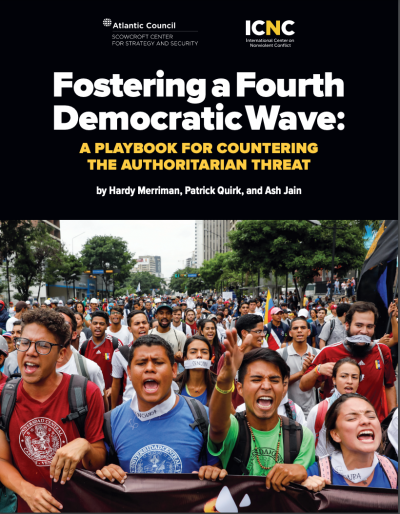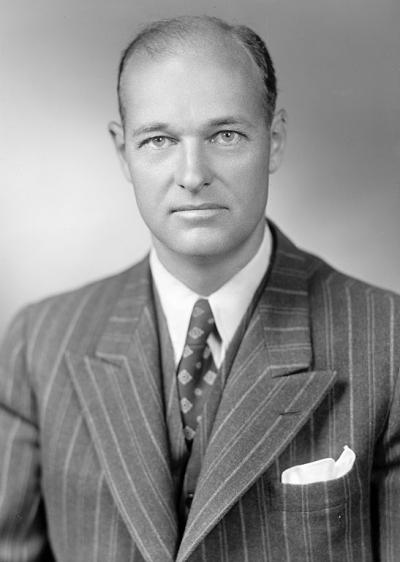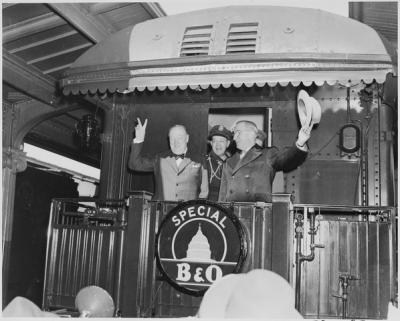by Harley Schlanger, LaRouche Organization:
 I’m going to be discussing the so-called Summit for Democracy, which has nothing to do with democracy. It is nothing but an Anglo-American slogan to promote and justify the virtue of the unipolar order. The idea behind it is the claim of organizing a coalition of so-called democratic nations to oppose authoritarian states, through support of the rule of law, the rules-based order, including a defense of freedom of speech and press, free trade and free enterprise, and so on.
I’m going to be discussing the so-called Summit for Democracy, which has nothing to do with democracy. It is nothing but an Anglo-American slogan to promote and justify the virtue of the unipolar order. The idea behind it is the claim of organizing a coalition of so-called democratic nations to oppose authoritarian states, through support of the rule of law, the rules-based order, including a defense of freedom of speech and press, free trade and free enterprise, and so on.
TRUTH LIVES on at https://sgtreport.tv/

Let me begin with a couple of examples of why this is nothing but hypocrisy. Take freedom of the press, for example. U.S. Secretary of State Antony Blinken yesterday commented on the Russian arrest of a Wall Street Journal reporter for espionage. So far there has been no report of the evidence behind the arrest. Blinken has no report on the evidence the Russians have, but he called the arrest an absolute disgrace, adding that this is why there is a need for the Summit for Democracy, to defend such freedoms. One might ask him, “Are you really worried about freedom of the press, and free speech, Mr. Blinken? If so, what about the U.S. prosecution and persecution of Julian Assange? What about the reports that show U.S. government agencies were involved in leaking the phony Russiagate attacks on both Trump and Putin to the press for a number of years? What about the Twitter files which show that U.S. government agencies were involved in censoring or organizing Twitter to censor individuals?”
One could ask Mr. Blinken about his repeated citing of violations of the “rule of law” to protest Russia’s behavior. As to the rule of law, real international law has been replaced by something called the “responsibility to protect,” associated with Tony Blair in his declaring the end of the Westphalian order. But rule of law? What about the bombing of Yugoslavia? Was that based on the rule of law? What about the invasion of Iraq, which was based on lies about Iraq’s possession of weapons of mass destruction? Lies that they knew were lies, lies repeated by former Defense Secretary Donald Rumsfeld, who lied when he said Colin Powell was convinced of the evidence [he presented to the United Nations]. In fact, Colin Powell later admitted that he knew it was false. What about the bombing and regime change in Libya? What about the regime change operations in Syria, in which the U.S. was involved in defending, arming and organizing al-Qaeda, through the CIA? We’re still in Syria illegally, controlling a whole section of the country where there’s oil. What about the regime change in Ukraine? Is that the rule of law?
Then we have the matter of why you need this summit, so that there can be “a building of trust.” What about the lies from the U.S. in particular, but the West in general, to the Russians at the end of the Cold War, of no eastward expansion of NATO? What about the lies in the Minsk Accord? As for cooperation and development and trust and anti-corruption, how about stealing $9 billion from Afghanistan that was deposited in U.S. banks? Or $300 billion from Russia? How about the imposition of sanctions which kill? You look at these things, and you ask, who are these people who are talking about the great democratic West standing up for people’s freedom worldwide?
I’m going to give you a background of where this Summit for Democracy comes from—S4D as they call it—as they’re attempting to establish new rules for intervention by an imperial force backed by NATO and U.S. military, and the power of the City of London and Wall Street financially. Which, by the way, is a power which they are losing. The story goes back to February 22, 1946, when George Kennan drafted what was called the Long Telegram from the U.S. embassy in Moscow to Washington.

He was asked what we could make of the Soviet actions after the war, the refusal to join the World Bank and the International Monetary Fund, which they did refuse to do, although they did join the United Nations. What Kennan wrote was that you can’t trust the Russians. He advocated what was called the “containment doctrine,” that is you had to have a Western agreement to contain the danger of an expansion of communism through the military of the Soviet Union.
Two weeks later, on March 5, 1946, was the famous Winston Churchill speech. Churchill was invited to speak in Fulton, Missouri by Harry Truman, who was then the President. In that speech, Churchill spoke of an “Iron Curtain” dividing Europe. “From Stettin in the Baltic to Trieste in the Adriatic, an iron curtain has descended across the continent.” Churchill coined another phrase in that speech, the idea of the “special relationship” between Britain and the U.S., an Anglo-American alliance necessary to “defend freedom” internationally.

Now shortly after this, in 1947, U.S. Secretary of State George Marshall, at the urging of Harry Truman, moved to create an agency in the State Department for advanced planning. This became known as the Policy Planning Office of the U.S. State Department. It’s been described as the principal strategic arm of the State Department. The man tasked with founding it and running it was George Kennan, the author of the containment doctrine. His first assignment was to design what became known as the Marshall Plan, which was introduced in 1948. Kennan was one of the major creators of this. What most people know of the Marshall Plan is that it was an act of beneficence by the United States to aid in rebuilding Germany after the war. Well, that is partly true, as there were funds allocated to that, and funds that went to some element of rebuilding. What worked in Germany was not just making some funding available, but the policy of Adenauer in creating the Kreditanstalt für Wiederaufbau, using that agency to use those funds as a seed crystal to invest in infrastructure and industry. But actually, the idea of the Marshall Plan was to rebuild Europe, remove trade barriers, etc., to prevent the spread of communism—that is, to contain Russia. The total funding was $13.3 billion, which in today’s terms might be about $160-170 billion. But the largest recipient was not Germany. The largest recipient of the funds was the United Kingdom; 26% of the Marshall Plan funding went to Britain, 18% to France, and Germany got 11% of that.
This Policy Planning Office became a permanent office in the State Department. After George Kennan, the next director was a well-known Atlanticist, Paul Nitze, a financier who was for many years with the investment banking firm Dillon, Reed. Other directors have included: Dennis Ross, known for his involvement in the West Asia area; Paul Wolfowitz, the sidekick of Rumsfeld and Cheney in drafting the unipolar order idea; Richard Haas, who became [and until recently] was the director of the Council on Foreign Relations; and Jake Sullivan, the current National Security Advisor to Biden, was a director of the Policy Planning Office. Another prominent figure associated with this office for years was Zbigniew Brzezinski.
It was in this office in 2008, that the idea was introduced of consolidating a “democratic alliance”, what became later known as the D-10 project—the Democratic 10—when it moved from State to the Anglo-American Atlantic Council in 2014. But let me just point out that in addition to the operation of the Atlantic Council, the German Marshall Fund, which was set up in 1972 to focus on “democratizing civil society in Europe” became a partner in the D-10 project. The German Marshall Fund ran programs “promoting civil engagement in democracy”, including the Balkan Trust for Democracy—think about what happened in Yugoslavia in the late 1990s. The Black Sea Trust for Regional Cooperation; and the Fund for Belarus Democracy. These were agencies designed to recruit activists and fund so-called democratic resistance to the existing so-called authoritarian states. The Marshall Fund was created in 1972; Willy Brandt was one of the movers of it. One of the early grants to create it came from the Institute for International Economy, which is a leading neo-liberal think tank to this day.
Read More @ LaRoucheOrganization.com




